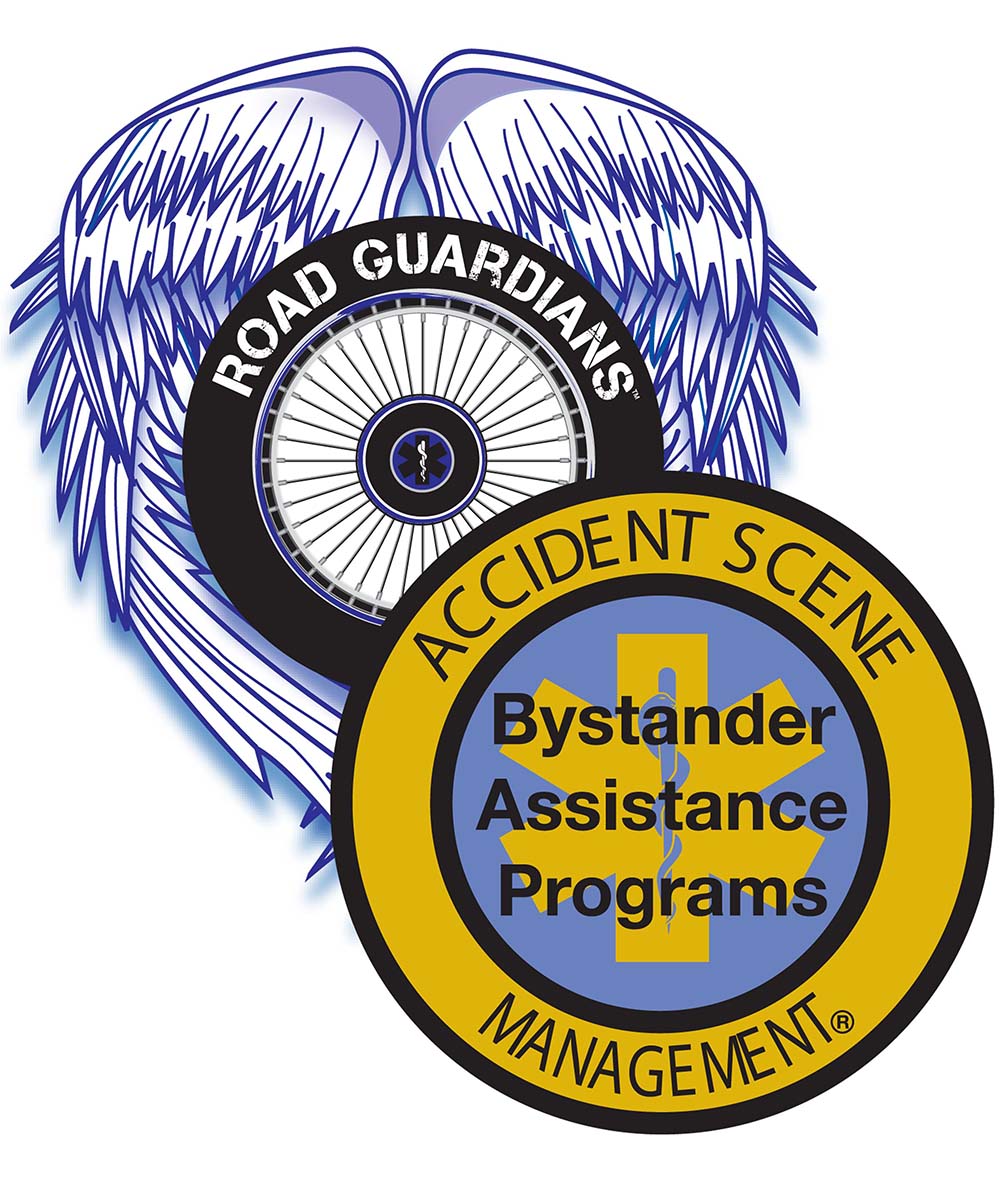Accident Scene Management / Road Guardians
Login |
(262) 706-3278
0
You have 0 items in your cart
Emergency Response:
(a) Any health care professional under the laws of the State of Arkansas who in good faith lends emergency care or assistance without compensation at the place of an emergency or accident shall not be liable for any civil damages for acts or omissions performed in good faith so long as any act or omission resulting from the rendering of emergency assistance or services was not grossly negligent or willful misconduct.
(b) Any person who is not a health care professional who is present at an emergency or accident scene and who:
(1) Believes that the life, health, and safety of an injured person or a person who is under imminent threat of danger could be aided by reasonable and accessible emergency procedures under the circumstances existing at the scene thereof; and
(2) Proceeds to lend emergency assistance or service in a manner calculated in good faith to lessen or remove the immediate threat to the life, health, or safety of such a person, shall not be held liable in civil damages in any action in this state for any act or omission resulting from the rendering of emergency assistance or services unless the act or omission was not in good faith and was the result of gross negligence or willful misconduct.
(c) No health care professional who in good faith and without compensation renders voluntary emergency assistance to a participant in a school athletic event or contest at the site thereof or during transportation to a health care facility for an injury suffered in the course of the event or contest shall be liable for any civil damages as a result of any acts or omissions by that health care professional in rendering the emergency care. The immunity granted by this subsection shall not apply in the event of an act or omission constituting gross negligence.
(d) For the purposes of this section, “health care professional” means a licensed physician, chiropractic physician, dentist, optometric physician, pediatric physician, and any other licensed health care professional.
Automatic External Defibrillator:
Chapter 95; sub-chapter 6 17-95-601 (1999)
Any person or entity who acquires an AED must:
Any person or entity who in good faith renders and without compensation renders emergency care or treatment by the use of an AED is immune from civil liability for any personal injury as a result of the care or treatment, or as a result of any act or failure to act in providing further medical treatment.
Immunity from civil liability includes the physician or medical authority who is involved with AED site placement, the person or entity that provides the AED and CPR training, and the person or entity responsible for the site where the AED is located.
Immunity from civil liability does not apply if the personal injury results from the gross negligence or willful or wanton misconduct of the person rendering emergency medical care.
